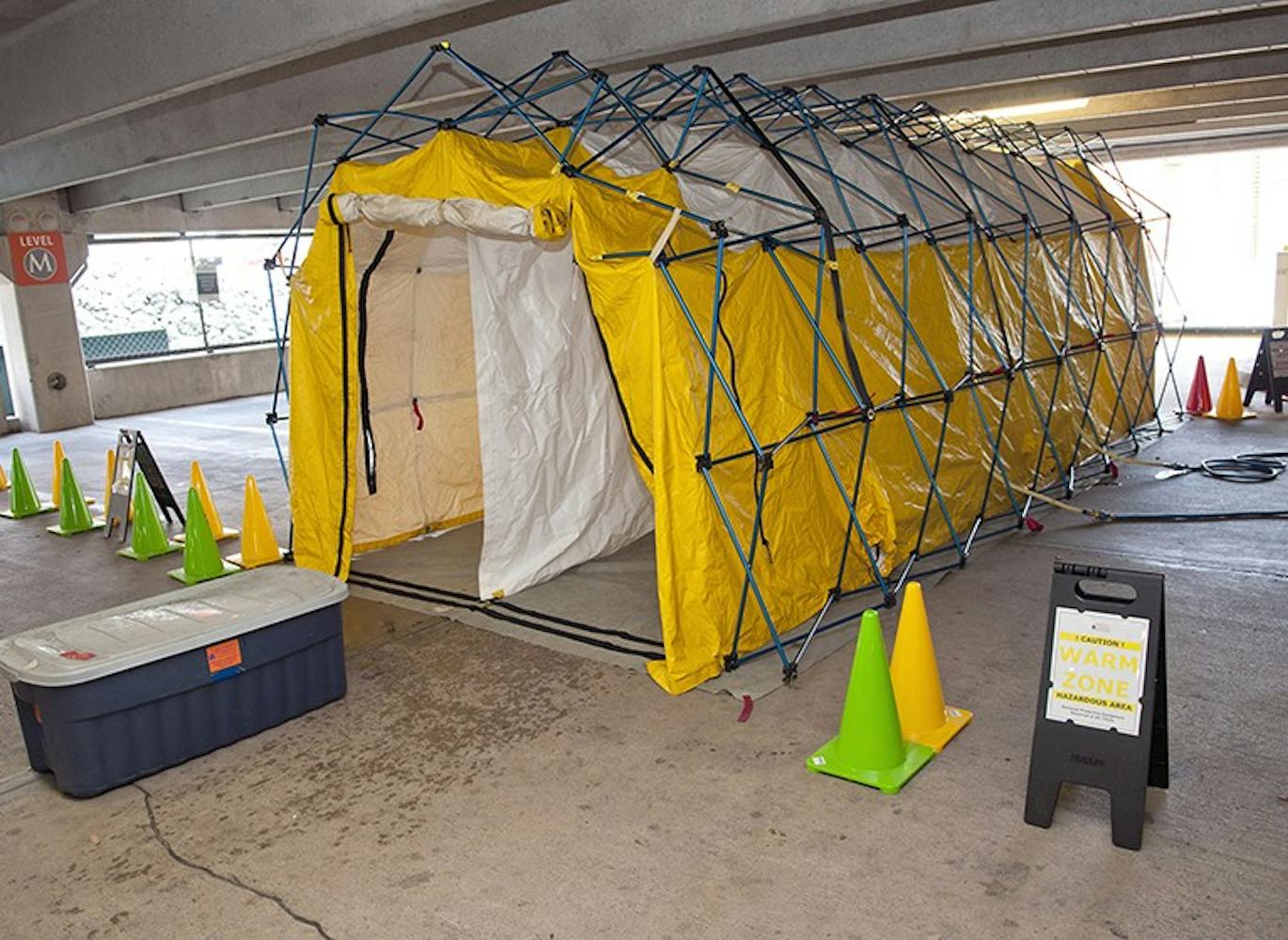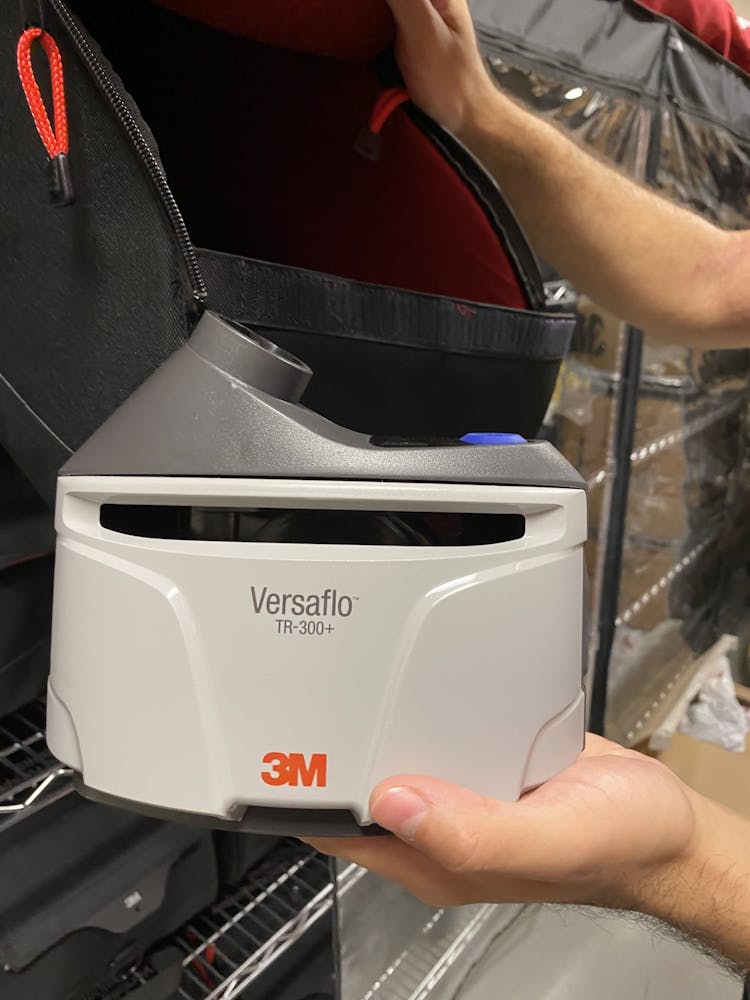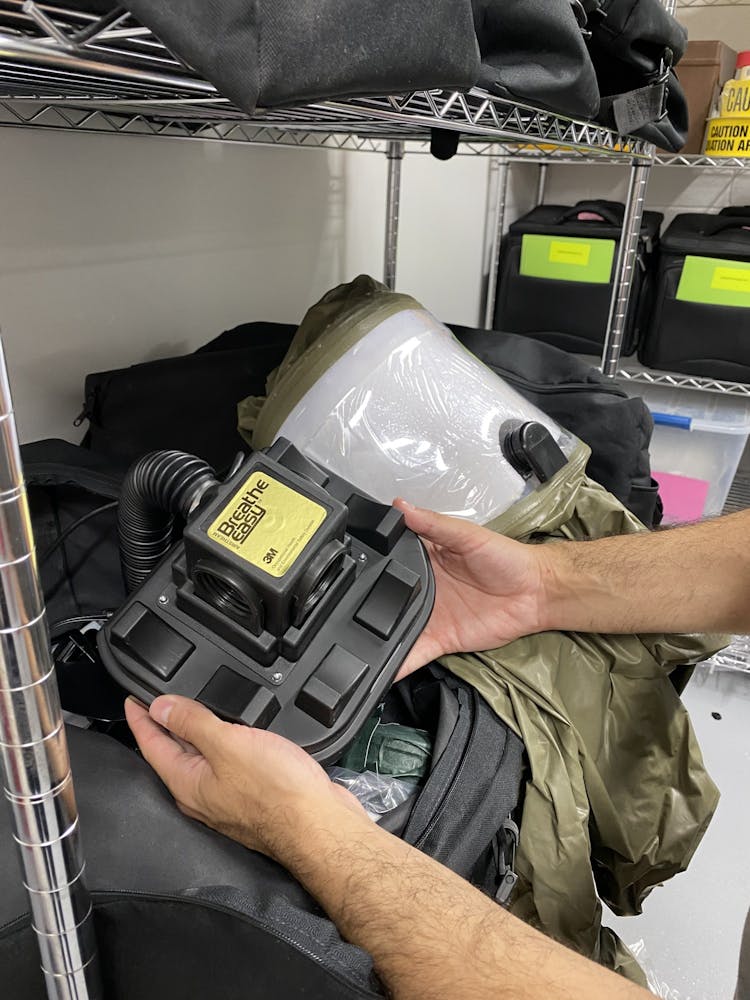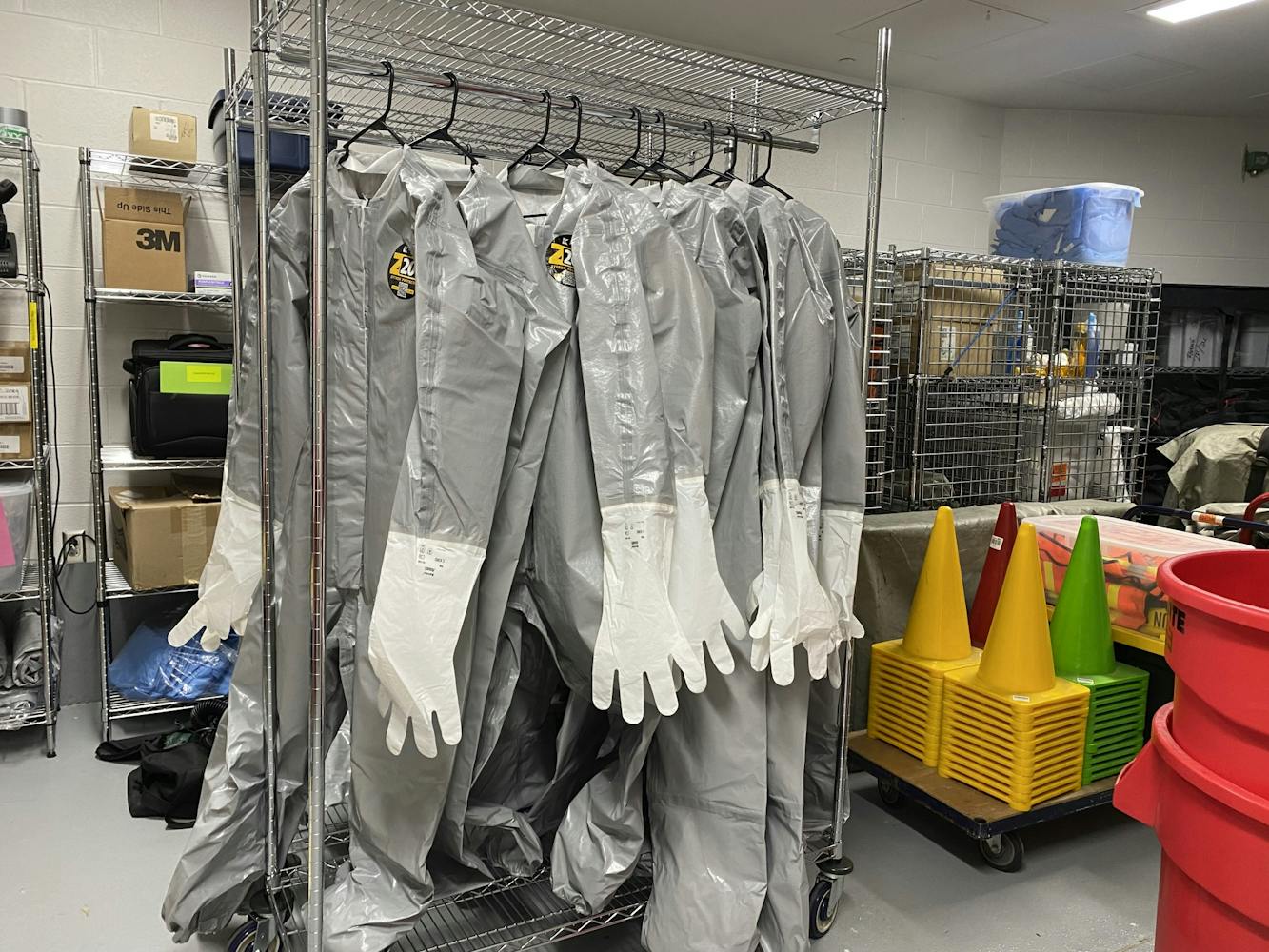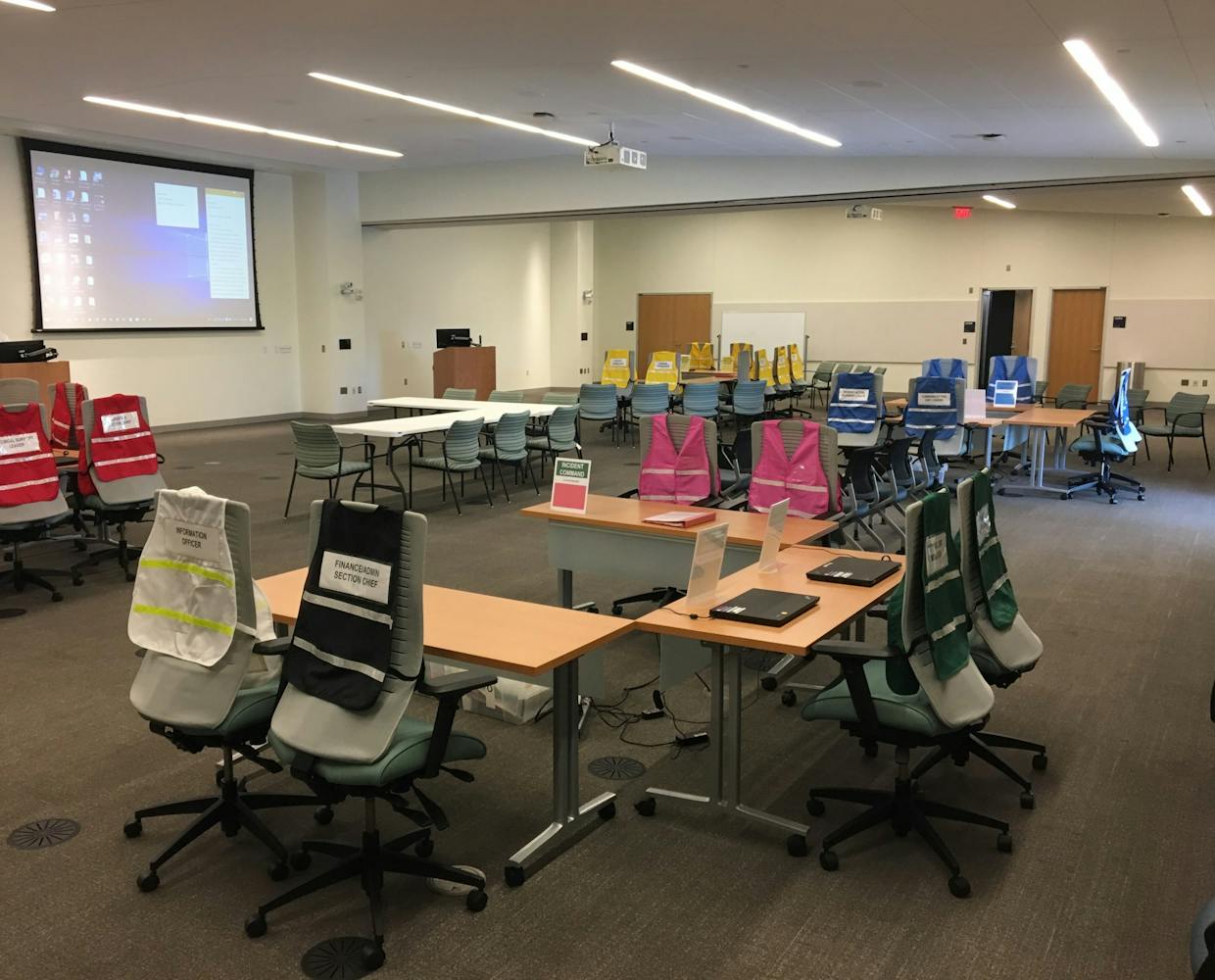The Commonwealth of Virginia is tied for second place amongst all 50 states and the District of Columbia in terms of the state’s emergency preparedness, according to the newly released 2020 National Health Security Preparedness Index report.
On a 10-point scale with rankings based on six broad domains from Community Planning and Engagement to Health Security Surveillance, Virginia scored a 7.4 — 0.6 points above the national average. The annual report takes into account the states’ preparedness in response to any event which poses a threat to public health, including natural disasters and viral outbreaks such as the novel coronavirus. It is compiled based on research from the Robert Wood Johnson Foundation and the Colorado School of Public Health. Based on the Virginia report, the state achieved the highest scoring in Health Security Surveillance and Incident and Information Management while they did the worst in Community Planning and Engagement and Healthcare Delivery.
According to a press release by the Virginia Hospital and Healthcare Association, the Commonwealth’s high ranking comes from multiple programs the state has in place. One of these programs, the Virginia Healthcare Emergency Management Program, was established in 2002 and aims to foster collaboration between health care facilities, first responders and community partners at the local and regional level.
VHEMP formed via a partnership between VHHA and the Virginia Department of Health, which are also partnering on an ongoing COVID relief effort which allocates necessary resources and support to long-term care facilities around the state. In another program, the two groups were able to prepare assisted living communities for coronavirus by setting up the Long-Term Care Mutual Aid Plan and Memorandum of Understanding, which puts emergency evacuation plans in place. In the VHHA press release, a large part of Virginia’s success was also attributed to its coordination efforts across the state and local levels.
“Virginia’s effective response to the public health threat posed by COVID-19 is a testament to the intense, ongoing emergency preparation efforts of hospitals and other stakeholders,” the release stated.
According to Roberto Truocollo, director of emergency management within the U.Va. Health System, Virginia’s hospital coalition meets every month to talk about resources and equipment, allowing hospitals around the state to maintain partnerships, share resources and communicate with one another. There are multiple coalitions divided by region across the state, with the Charlottesville region consisting of 15 hospitals. Though the University Hospital, which is a part of the coalition, houses the trauma center and is the largest in the region, all hospitals have an equal one vote when it comes to making decisions and mitigating issues.
“Most states have [hospital coalitions], but I think Virginia just does a much better job of maintaining and encouraging participation,” Truocollo said. “I think it allows us to be more successful.”
In addition to the coalition, which the University hospital is a part of, Truocollo attributes some of Virginia’s success to being so close to the nation’s capital, making emergency planning an important point of action.
“We're fortunate being close to D.C., [with having access to] a lot of experts and professionals and subject matter experts in public health disaster response and emergency management,” Truocollo said.
Though the index only assesses at the state level, the U.Va. Health System is a large contributor to Virginia’s preparedness for public health disasters.
In addition to emergency management and operations plans, U.Va. has a hazard vulnerability assessment which helps guide the planning process each year, as well as a large cache of medical disaster supplies. According to Truocollo, many states have had to tap into their disaster supply caches for COVID-19, though Virginia has not.
“There's a lot of movement both politically, as well as financially, to be successful,” Truocollo said. “Not to look good on the index, but just because it's the right thing to do. All the work that we do every day, it's something we want to do because it's the best thing we can do for our patients. And then in the end, it just so happens that allows us to be bumped up in the index.”

